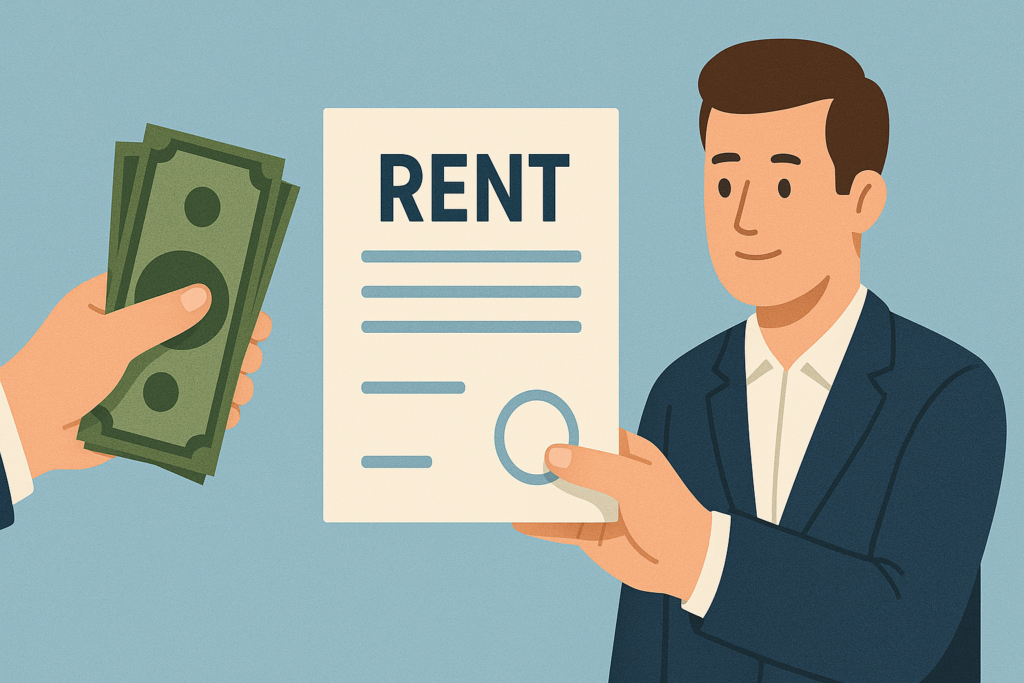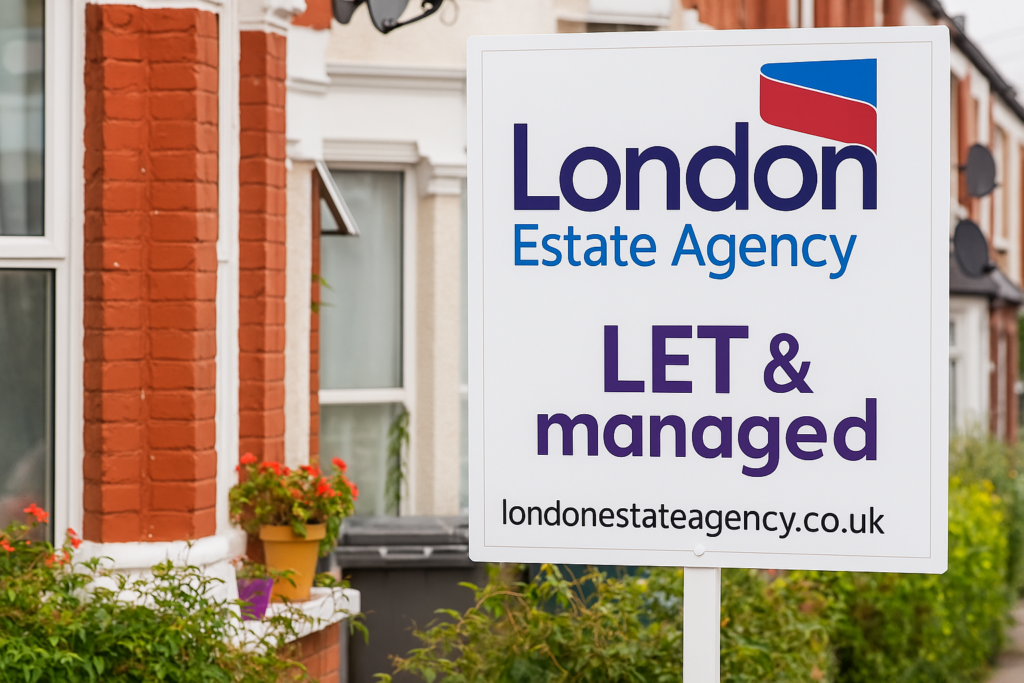As a landlord in the UK, ensuring compliance with all legal obligations is essential to protect your property and income and safeguard your tenants’ rights.
One of the most frequently asked questions by new and existing landlords is:
“Do I need to register with the local council?” The answer depends on several factors, including the property type you own, its location, and how it’s let.
This comprehensive guide will cover everything landlords need to know about registration, licensing, and how to stay fully compliant in 2025 and beyond.
What Is Landlord Registration?
Landlord registration refers to the legal requirement for landlords to register their details and rental properties with the local authority.
The aim is to ensure that landlords are fit and proper persons, provide safe accommodation, and adhere to housing laws and standards.
This is mandatory in Scotland, Wales, Northern Ireland, and some parts of England where Selective Licensing schemes have been adopted.
Is Landlord Registration Required in England?
There is no blanket landlord registration scheme in England, but several local councils operate licensing schemes that require landlords to register and obtain a licence before letting properties.
These schemes include:
- Mandatory HMO Licensing
- For properties that house five or more people from two or more households.
- Additional Licensing
- Some councils have introduced it to cover smaller HMOs that are not captured by mandatory licensing.
- Selective Licensing
- This applies to all private landlords in specific areas regardless of property size or tenant type. These areas are usually designated based on low housing demand, antisocial behaviour, or poor property conditions.
You can check if your local council has a licensing scheme by visiting its website or using the Gov. UK property licensing tool.
Why Do Councils Require Licensing or Registration?
Councils implement these schemes to:
- Improve property standards
- Protect tenants from rogue landlords
- Tackle overcrowding and anti-social behaviour
- Ensure landlords are accountable and meet legal standards
Failure to register or license your property where required can result in hefty fines of up to £30,000 per offence, a Rent Repayment Order, or even being placed on the Rogue Landlord Database.
How to Register or Apply for a Landlord Licence
The process differs depending on your council but generally involves:
- Filling out an online application form
- Providing documentation, including:
- Paying a fee, which typically ranges from £400 to £1,000 per property
- Passing a fit and proper person test
Once approved, licences typically last up to 5 years, after which you must renew.
What Happens If I Don’t Register or License My Property?
Operating without the necessary licence can lead to:
- Civil penalties of up to £30,000
- Criminal prosecution
- Rent Repayment Orders (tenants can reclaim up to 12 months of rent)
- Banning Orders
- Placement on the national Rogue Landlord Database
At London Estate Agency, we help landlords navigate these legal minefields to ensure full compliance and peace of mind.
What About Landlord Registration in Scotland, Wales, and Northern Ireland?
Scotland
All landlords must register with their local council via the Scottish Landlord Register. Non-compliance can result in fines of up to £50,000.
Wales
Under the Rent Smart Wales scheme, all landlords must:
- Register themselves and their properties
- Complete mandatory training
- Obtain a licence (if self-managing)
More info: Rent Smart Wales
Northern Ireland
Landlords must register with the Landlord Registration Scheme and provide updated property details. Failure to register may result in fines of up to £2,500.
How We Can Help
As experts in property management and compliance, London Estate Agency offers:
- Full Landlord Licensing Services
- We handle the entire application process for you.
- HMO Compliance
- If your property is a house in multiple occupations, we ensure all legal and safety checks are in place.
- Tenant Screening & Rent Protection
- Reduce risk and get guaranteed rent coverage through our in-house services.
- Market Rent Reviews
- Stay compliant with fair rent increases under Section 13 and market conditions.
- Energy Performance Certificates (EPCs)
- We provide EPC swiftly for both lettings and sales, keeping your property legally marketable.
Explore all our services here: London Estate Agency Services
FAQs About Landlord Registration
1. Do all landlords need to register with their local council?
Not necessarily. Registration is mandatory in Scotland, Wales, and Northern Ireland. In England, only if your council operates a licensing scheme.
2. What is the penalty for not registering or licensing a property?
Penalties can include fines of up to £30,000, rent repayment orders, and potential bans from letting properties.
3. How do I know if my property needs a licence?
Check your local council’s website or consult a professional property manager like London Estate Agency.
4. Do I need a licence for a single-family home?
Yes, if your council has Selective Licensing. Otherwise, a licence may not be needed unless the property is an HMO.
5. Is landlord registration the same as landlord licensing?
No. Registration usually means declaring your details, while licensing requires approval based on conditions and property standards.
6. Can a letting agent handle registration and licensing for me?
Absolutely. We manage the entire process at London Estate Agency, ensuring you meet every legal obligation.
Final Thoughts
The responsibility for knowing whether you must register or license your rental property lies squarely on your shoulders as a landlord.
Failing to comply can result in severe consequences.
At London Estate Agency, we remove the guesswork and handle all aspects of compliance, management, and legal paperwork—so you can focus on building your property portfolio stress-free.
Don’t risk fines or enforcement—speak to us today to ensure you operate legally and profitably.





